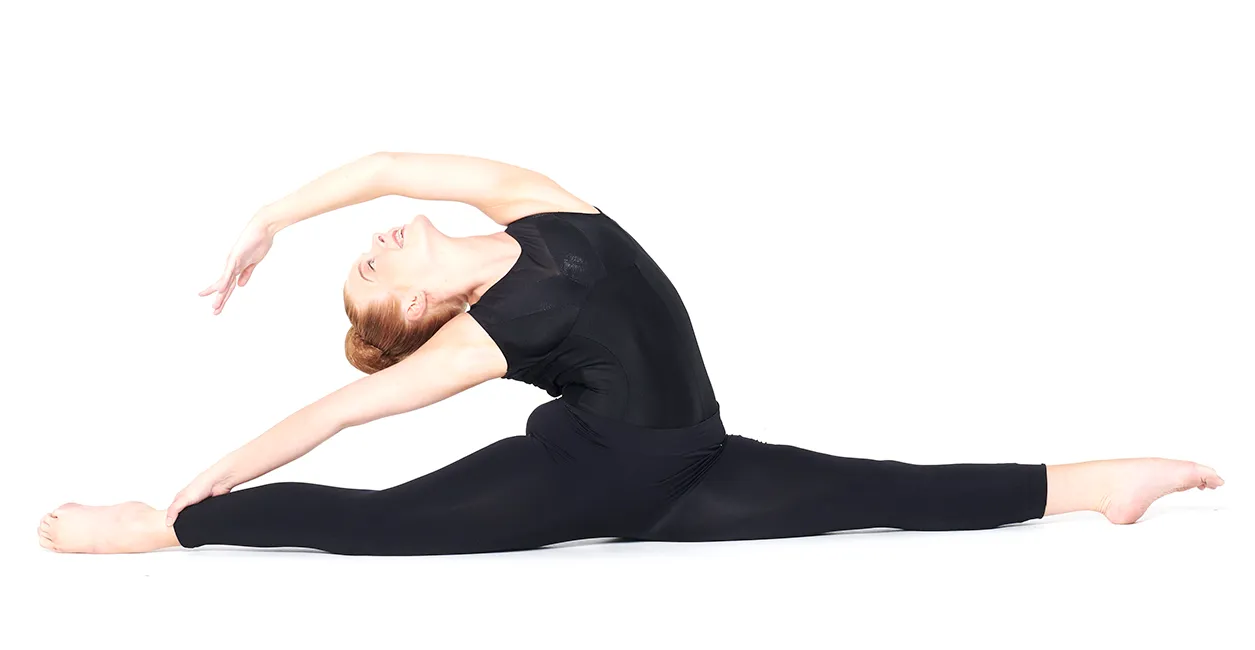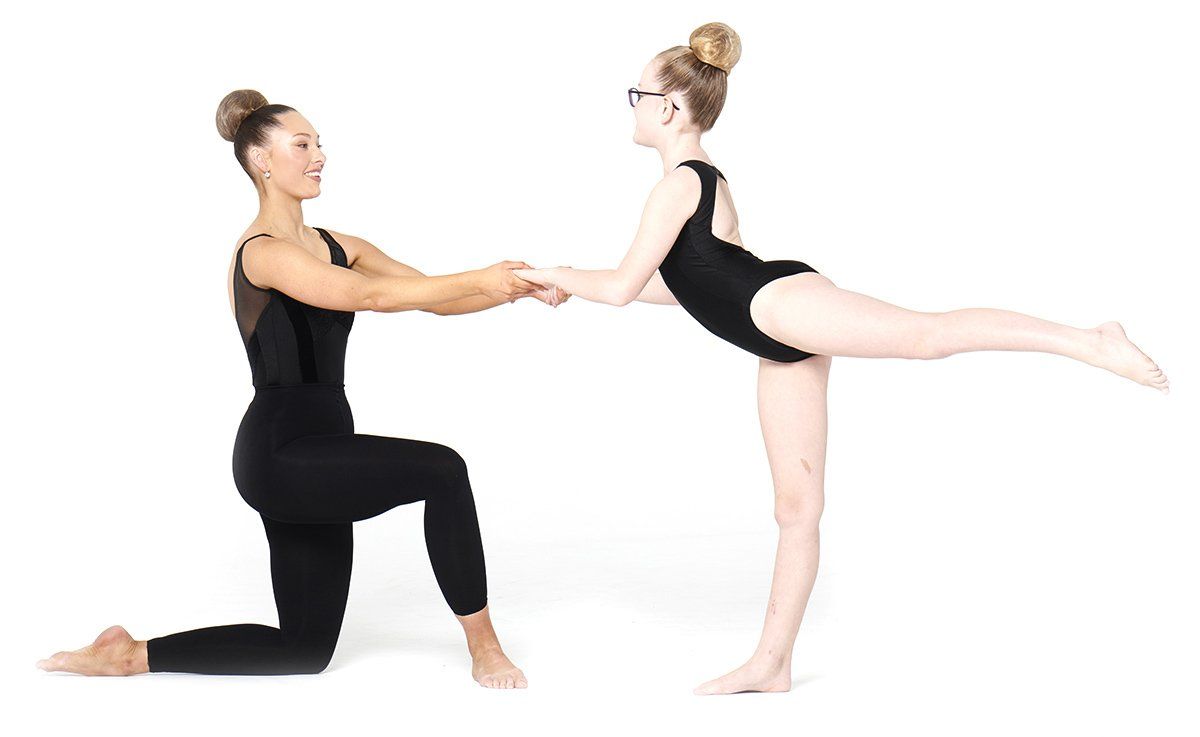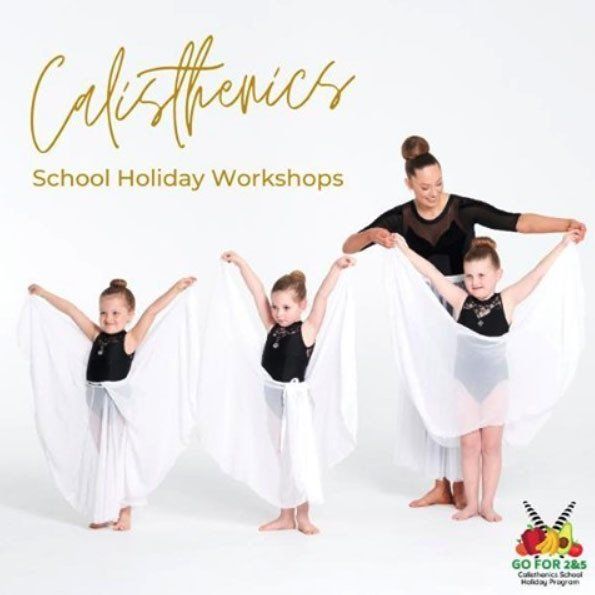CALISTHENICS SKILLS PROGRAM
Developed by the Australian Society of Calisthenics in 1979 to raise the standard of Calisthenics and to unify terminology and technique. The Calisthenic Skills programme has now been implemented Australia wide.
The syllabus is taught in more than 200 clubs setting high standards of training for over 2,000 students each year.
Qualified examiners accredited with the Australian Sports Commission travel to regional and interstate locations examining students in the syllabus at every level.
Your child’s safety is the paramount concern and the syllabus is developed to ensure that correctness of movement is the prime objective.
The syllabus progresses through a number of stages suitable to the growth and development of the individual. NO demands are made of growing bodies greater than their stage of maturity.
THE EXAMINATIONS
Calisthenics is no more competitive than any other sport and our Calisthenic Skills programme simply encourages children to set personal goals to which they can strive.
Examinations offer a challenge and a great sense of achievement for students. At the same time they provide parents with assurance of their child’s progress and development while Coaches gain recognition of their professional coaching standard.
Calisthenics is fun but it is also physically demanding and Parents should take great care to send their child to professional qualified Coaches whose students are successfully involved in the Calisthenic Skills programme.
The programme ensures national standards are upheld and continue to improve.
Three Tests
The three tests are designed to introduce younger students to the procedure of the exams, to emphasise the importance of developing correct technique and to encourage confidence.
Grade Levels
By progressing steadily through the Grades, the student builds a comprehensive vocabulary of terminology and a firm understanding of the requirements of basic calisthencs. It also allows the student to develop at their own pace and within their capabilities.
Throughout the Grades, combinations of movements are introduced to reinforce the terminology leant. Exercises have been choreographed to develop co-ordination, artistry and musicality.
The recent introduction of these Grades was made to cater for students who are not required to learn classical dance as part of their team curriculum. The syllabus also makes allowances for those who are slightly restricted in natural flexibility by offering optional versions of several movements. The aesthetic section has a smaller progression in difficulty from the lower Grades and the dance sections begins with jazz exercises, moving on to basic steps for a jazz routine
Medals: Bronze, Silver & Gold
The medals have been created with the mature student in mind and whilst they draw on the technique established in the Grades, they are designed to develop performing skills, quality of movement, musicality and a sense of floor pattern and space. Advanced movements in all facets of calisthenics must be mastered to a high standard. Self choreographed routines introduce the student to the art of choreography and working with the coach the student can explore creativity in designing routines to enhance their own capabilities.
Gold Medal Honours: Candidates in the Gold Medal Exam who achieve a pass of 90% or higher may strive for the ultimate distinction of GOLD MEDAL HONOURS which is for elite performers. Three routines are performed before an audience and the Examiner.
Recommended Ages for Pupil Participation
The Calisthenic Skills Programme is designed for pupils to be examined at two yearly intervals. Please be aware that these are recommended ages only (except Grade 4 and Medals) and coaches should assess the capabilities of their pupils to ensure that they are knowledgable and well prepared for the particular exam before presenting to the Examiner.
Test 1:
Minimum age 7 years by the 31st December in the year of examination
Test 2:
Minimum age 7 years by the 31st December in the year of examination
Test 3:
Minimum age 9 years by the 31st December in the year of examination
Grade 1:
Minimum age 11 years by the 31st December in the year of examination
Grade 2:
Minimum age 13 years by the 31st December in the year of examination
Grade 3:
Minimum age 14 years by the 31st December in the year of examination
Grade 4:
Minimum age 15 years by the 31st December in the year of examination
Bronze Medal:
Must have Grade 4 and must be 16 by 31st December in the year of examination
Silver Medal:
Must have Grade 4 and Bronze Medal, and must be 17 by 31st December in the year of examination
Gold Medal:
Must have Grade 4, Bronze and Silver Medals, and must be 18 by 31st December in the year of examination
Prerequisites
The importance of the Calisthenics Skills Programme is recognised by the following prerequisites:
Cadet Coach:
Calisthenics Skills Grade 1
Level 1 Coach:
Calisthenics Skills Grade 2
National Participation
All Graceful Solo Participants and Physical Solo / Duo Participants in the National Championships must have Calisthenics Skills as follows:
All ages as of 31st December and Skills level by close of ACF entry
10 and 11 years:
Test 3
12 and 13 years:
Grade 1
14 and 15 years:
Grade 2
16 years:
Grade 3
17 years & over:
Grade 4
Skills Program Forms
Cali Skills Club Information
Cali Skills Minimum Ages










